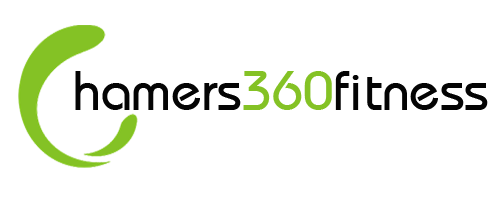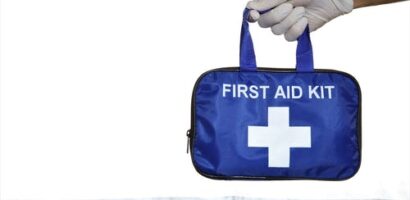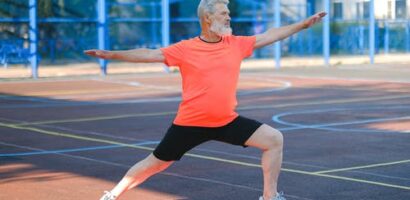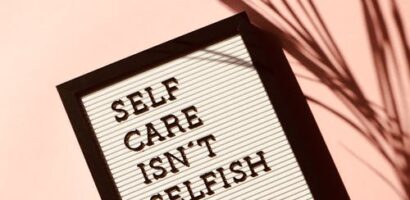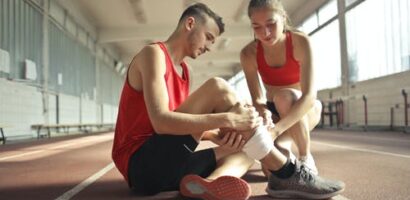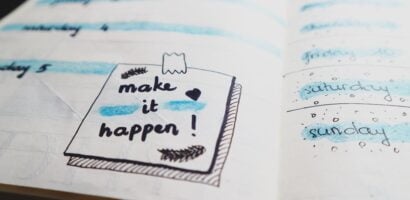‘Wheel of Life’ New Year Life Audit/ Goal Setting Exercise
Whether your motivation for change is at an all-time high at New Year or you think resolutions are a waste of time, there’s no denying that the start of a blank calendar leaves many of us reflecting on the 12 months that just passed. New Year is natures way of drawing one chapter to a close, helping us to let go of anything we want to leave behind and giving us a clean slate for new habits and experiences. It’s undoubtedly a natural time to set intentions about what we’d like to be, have and do over the next year. This blog details a simple exercise to help us assess how happy and successful we feel we are in various different areas of our lives at the current time, and consequently to identify any areas we may wish to make changes in.
